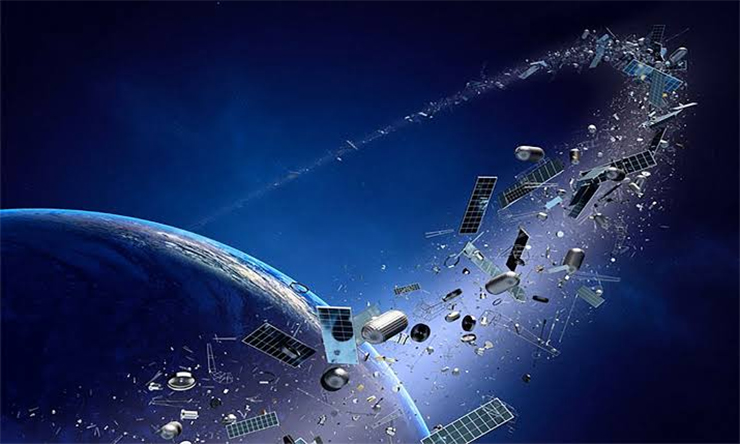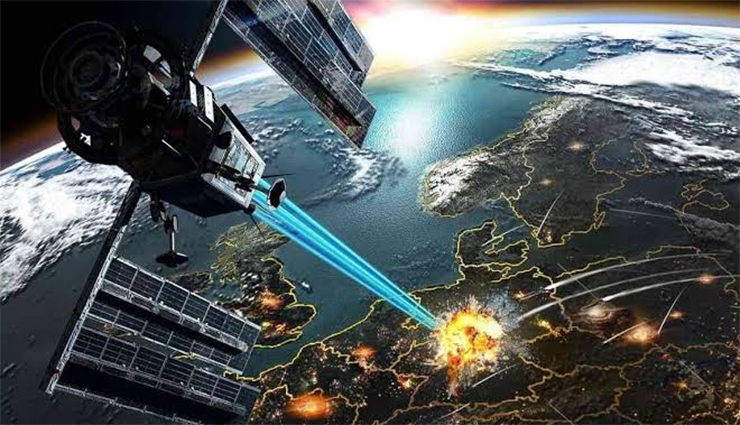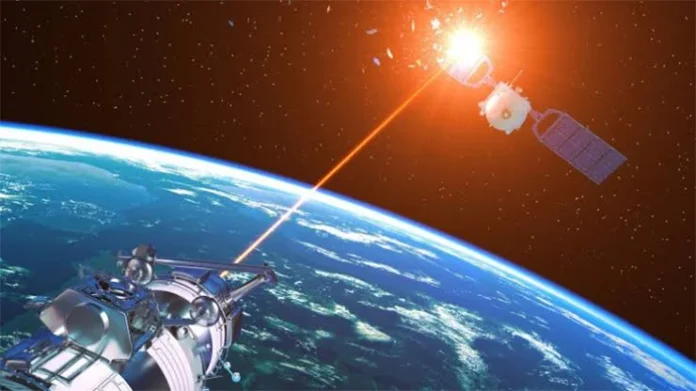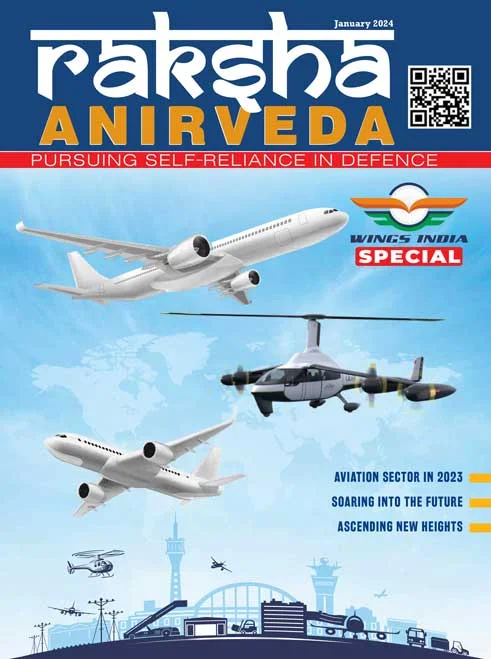Once regarded as the exclusive dominion of superpowers, space is now becoming increasingly accessible to a wider array of players. However, akin to the cyber realm, space is evolving into a realm that is more congested, contentious, and competitive. Driven by national ambitions, geostrategic tensions, and burgeoning economic opportunities, space capabilities are advancing at an astonishing pace. We find ourselves in a truly exhilarating era for the space sector, yet the ramifications of this new Space Race may have far-reaching consequences. Space has transformed into the new strategic high ground, serving as the vantage point for positioning assets such as satellites and space stations for purposes encompassing intelligence gathering, surveillance, target acquisition, reconnaissance, communication, navigation, weather forecasting, broadcast services, and much more.
The Ultimate High Ground
Space is widely regarded as the final frontier for humanity, and indeed, the ultimate high ground for military strategists. In recent decades, space has gained substantial prominence in military planning, with a particular focus on countering the possibility of a ‘surprise attack’ from this extraterrestrial domain. Currently, the primary challenge lies in seamlessly integrating space assets into our defence architecture while preparing for the prospect of space warfare.
Over the past two decades, the importance of space has swiftly emerged on the national landscape, touching upon technological, economic, social, and military dimensions. India, in particular, has fostered a robust space program, primarily geared towards scientific and developmental objectives. However, this very achievement exposes our nation to potential hostile actions that could undermine or deny access to the carefully cultivated space capabilities, acquired at great cost and against formidable odds. The nation’s reliance on space for vital economic purposes has grown significantly over the past decade.
Next Generation Warfare
The role of outer space in national defence and security is undeniably significant, with the expansion of space capabilities standing as a pivotal component of successful military operations. Gradually, all conventional and traditional military missions are transitioning to outer space, reinforcing the idea that space systems influence every facet of military operations, including battlefield integration. In the era of next-generation warfare, space leverages sophisticated technologies to manipulate both space and time. Given the advancements in satellite technology and outer space capabilities, optimising space and time for military advantage has become an imperative. Depriving the enemy of vital information required for asset positioning or effective response to an attack is a key strategy.
Global trends underscore the increasing economic centrality of space. The loss or degradation of space capabilities could potentially cripple commerce, finance, and numerous other private and public activities. The myriad activities associated with outer space, which yield direct or indirect economic and commercial benefits, encompass efficient communication technology, positioning and navigation, data transfer, voice and video communication, data transmission (email/internet), space-based industries, space tourism, resource mining, public-private partnerships in international space station cargo services, nuclear experiments, environmental exploration, the expansion of human experiences, human space transportation, and habitation.

The Military Significance
Satellites are the central focus of military space endeavours and are extensively employed to provide support for military and security-related activities. Furthermore, their role in offering direct support for military operations is on the rise. According to the United Nations Office for Outer Space Affairs (UNOOSA), satellites are increasingly categorised as ‘dual-use,’ capable of serving both military and non-military purposes.
The significance of outer space in national defence and security makes space capabilities an indispensable component of successful military operations. As space systems gradually supplant conventional and traditional military missions on land, sea, and air, it is clear that the military uses of space are on an upward trajectory. With the continual influx of new technologies, the scope for exploitation of space for military purposes only continues to expand.
Emerging National Security Imperatives
In an era where space-based assets have become essential for national security and defence, it is imperative to recognize the evolving landscape of space capabilities. The convergence of civilian and military technologies, driven by dual-use applications, underscores the need for meticulous planning and deliberation regarding space doctrine for national security. Space is no longer a realm shrouded in mystery; rather, its military significance is becoming increasingly relevant in the pursuit of victory in warfare, thanks to its potential to amplify military capabilities significantly.
To capitalise on the advantages offered by space, it is logical to begin with the adaptation of existing national space infrastructure as the starting point. This allows for a focused transition towards specific military applications. Studying the defence accomplishments of other spacefaring nations can serve as a guide, providing valuable insights from their experiences. Establishing a viable military space capability necessitates charting a new direction for space policy and incorporating this concept into military doctrines with meticulous attention to details.
Revolution in Military Affairs (RMA) in Space
The landscape of warfare is undergoing a revolution, with space playing a pivotal role. Technologies developed for warfighters, including command and control systems (C4I2SR), are increasingly reliant on space-based assets. While surface operations dominated warfare until the early 20th century, World War II marked the emergence of operations in the air, underwater, and in the electromagnetic spectrum, expanding the battleground significantly.
Today, technology is integral to weapons, tactics, and even higher-level aspects of military strategy and decision-making. Speed and near-real-time situational awareness are paramount. Precision-guided munitions, cruise missiles, and missile defences all rely on satellite-generated information. Digitally-enabled armed forces can swiftly react, project power over vast distances, and execute precision-based conventional operations with a high degree of situational awareness.

Final Takeaways
Space has transformed into a new frontier that demands heightened awareness of specific space-related issues. Additionally, it serves as a catalyst for socio-economic development and technological competitiveness. Space capabilities are indispensable for the aspirations of a progressive nation on a rapid growth trajectory.
Recent space exploration milestones, such as India’s Chandrayaan-3 Mission to the Moon, hint at the potential for using the Moon as a testing ground for technologies required for deep space missions. Furthermore, upcoming missions like Gangayaan, a crewed space mission in low Earth orbit, will significantly bolster our understanding of outer space.
Outer space has unequivocally emerged as the ultimate high ground and a critical element for all three services. The ability to harness the power of space will be pivotal for triumph on the future battlefield, particularly as information dominance assumes a more prominent role in the evolution of network-centric warfare.
-The writer is a serving Indian Army Officer, holds academic qualifications including degrees in Law and Air & Space Law, an MBA in Finance, and is currently pursuing a PhD in Space Economy & Legislation. He champions the practical use of technology in training Space Warriors and has received the Chief of Integrated Staff Committee Commendation for his meritorious service. The views expressed are personal and do not necessarily reflect the views of Raksha Anirveda









